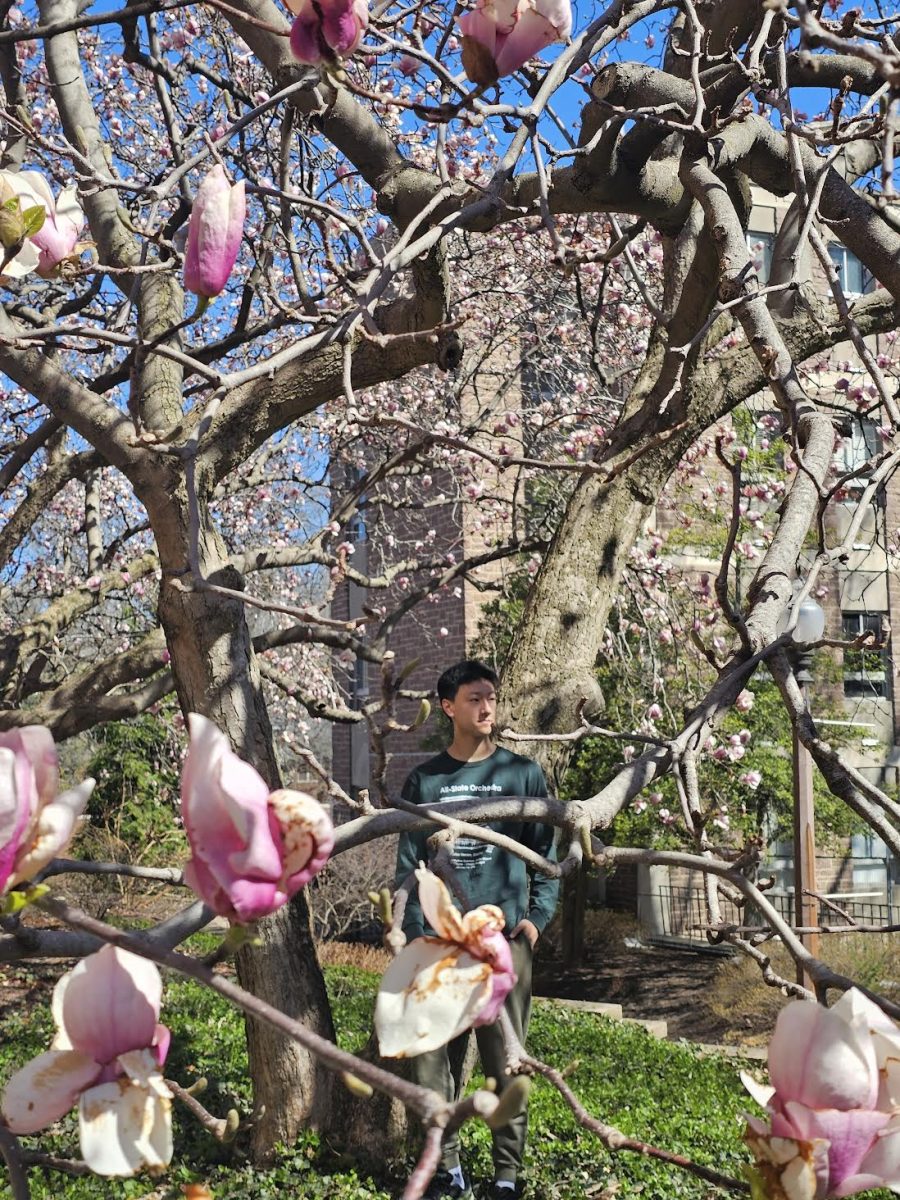Did You Know?
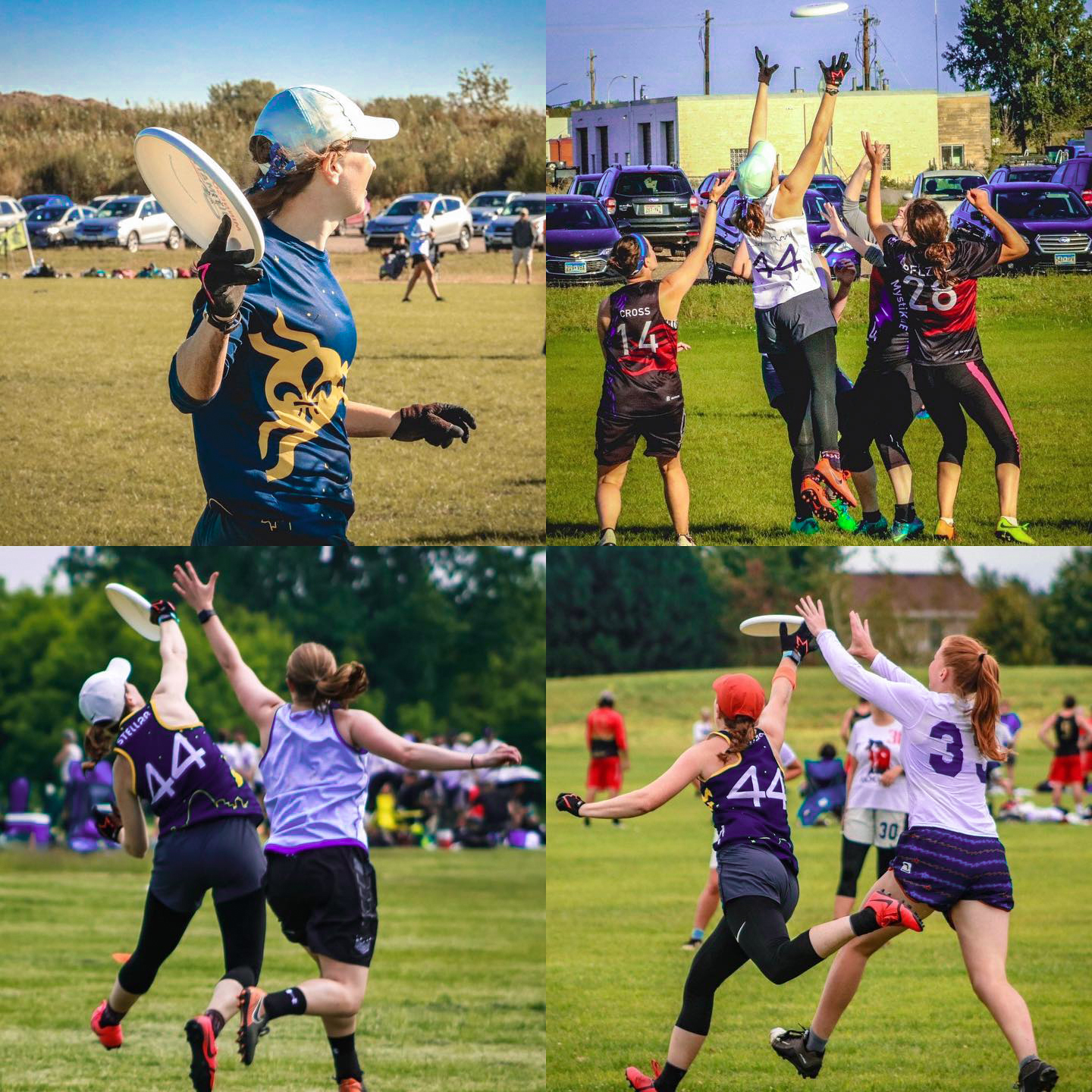
The minute his eyes are open, it’s time to work. The day is spent training and listening to the ceaseless commands of his military officers. Lucas Alberts, a band teacher for grades 5-12, experienced this for seven and a half weeks during training for the Air Force National Guard. Alongside playing the trumpet in the military band, Alberts has served for nearly 20 years.
Alberts first enlisted in his college years, back in 2004. His training was demanding. While still being a college student and playing the trumpet, he also had to fulfill many other jobs within his military unit.
“On top of my performing duties I also had ancillary duties in different shops,” Alberts said. “I was a member of the music library, a steward in supply, a coordinator in the operations shop, a trainer to help young airmen receive follow on training, a physical fitness leader, the load crew chief on annual performance tours and the non-commissioned officer in charge of the brass quintet.”
Because Alberts participated in the band unit of the Illinois National Guard, he was able to see the military from new perspectives, this includes the way playing and listening to music boosted morale
“Music has the power to help people feel a wide range of emotions including pride and ‘esprit de corps,’” Alberts said. “That is the reason why the military bands are part of the public relations and recruitment of the military.”
Alberts’ service has given him access to many unique opportunities. Music has connected Alberts to more than just experiences and entertainment, but good friends.
“I love to make music with my friends and that is what I am always doing in the Air Force National Guard Band,” Alberts said. “I have always felt lucky that I could serve my country in that way.”

Besides studying during college, English teacher Julianne Crockett played ultimate frisbee professionally, beginning with the Women’s Professional League. She was on a professional team while attending Truman State University, and continues playing in local teams today.
“I founded the St. Louis women’s team, Stellar, in 2018, and I’ve been playing with them ever since,” Crockett said.
Ultimate frisbee is a stamina and agility based sport, but it requires a tremendous amount of training. Conditioning is a vital and demanding part of the sport.
“To train for the tournament style, you have practice three days a week,” Crockett said. “And then on top of that, you do conditioning workouts and you do weightlifting workouts. And then you do throwing practices outside of practice as well. So it’s pretty much every day [that] you’re training in some way.”
Besides the physical demand of ultimate frisbee, players must be good communicators. A couple words from a teammate could determine a win or loss.
“Whether you’re on offense and you’re trying to communicate to your teammates, or you’re on defense and you’re trying to stop the other team from scoring, you have to communicate and you have to do it very effectively,” Crockett said. “Communication is really key to success.”
![Jamie Gavril stands next to her two horses Tyler (left) and Rigel (right). Gavril's career in horseback riding began young, and she continues to ride today. "As an adult, [horseback riding] has become part of my lifestyle. And if the drive isn't more than 30 minutes, I go [to the stables] every day," Gavril said.](https://laduepublications.com/wp-content/uploads/2023/12/Gavril-photo-e1702054713554.jpeg)
Most of math teacher Jamie Gavril’s students see her in room 3309 teaching Geometry, Algebra I or Algebra II. However, when she’s not at school, one could likely find her in the stables.
Gavril first started horseback riding when she was 9-years-old. She only participated in small shows at her farm until college.
“[My farm] would host a little show, and then in college I specifically went to Indiana University to compete on the equestrian team,” Gavril said. “It has its own circuit called Intercollegiate Horse Show Association. We had 10 competitions per year, and then you could advance onto things like regionals and nationals. I did go to regionals twice.”
Throughout those competitions, Gavril managed to place several times.
“I actually don’t think I ever won a blue ribbon with [my horse Tyler] but we got lots of second, third, fourth, fifth and sixth,” Gavril said. “The horse that I rode for my friend had a couple blue ribbons, but I’ve also had a show where I didn’t place with them.”
Horseback riding is more than the competition itself, it requires a connection between the horse and the owner. Owners are responsible for their horse’s medical needs, housing and food, which makes the sport more expensive.
“I was super privileged that I even got to step foot [in the stables] and take a lesson,” Gavril said. “But when you look around and you’re comparing yourself to someone whose parents bought them three horses and they’re top of the line, it changes your perspective, [because] you have to work for everything.”
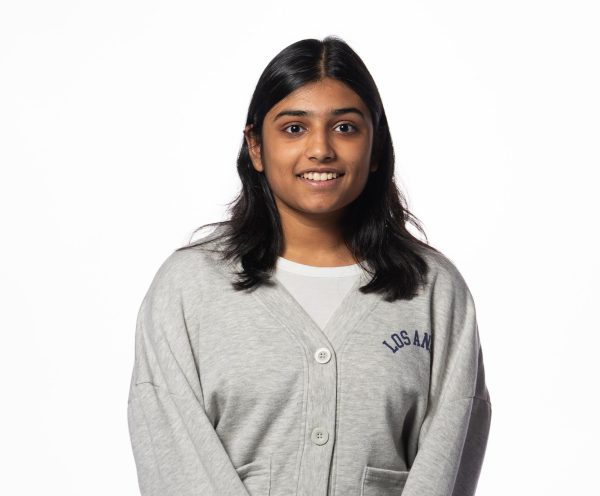
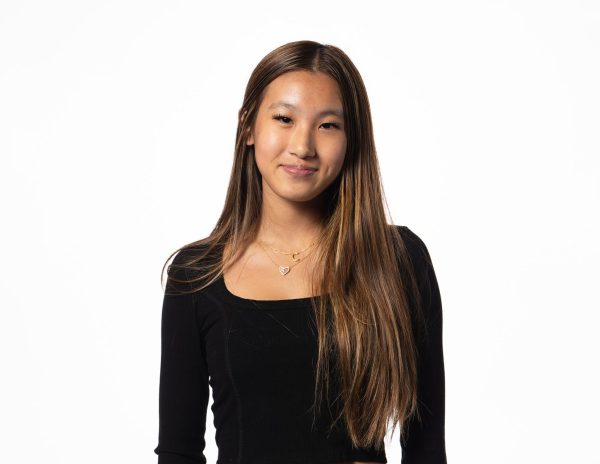


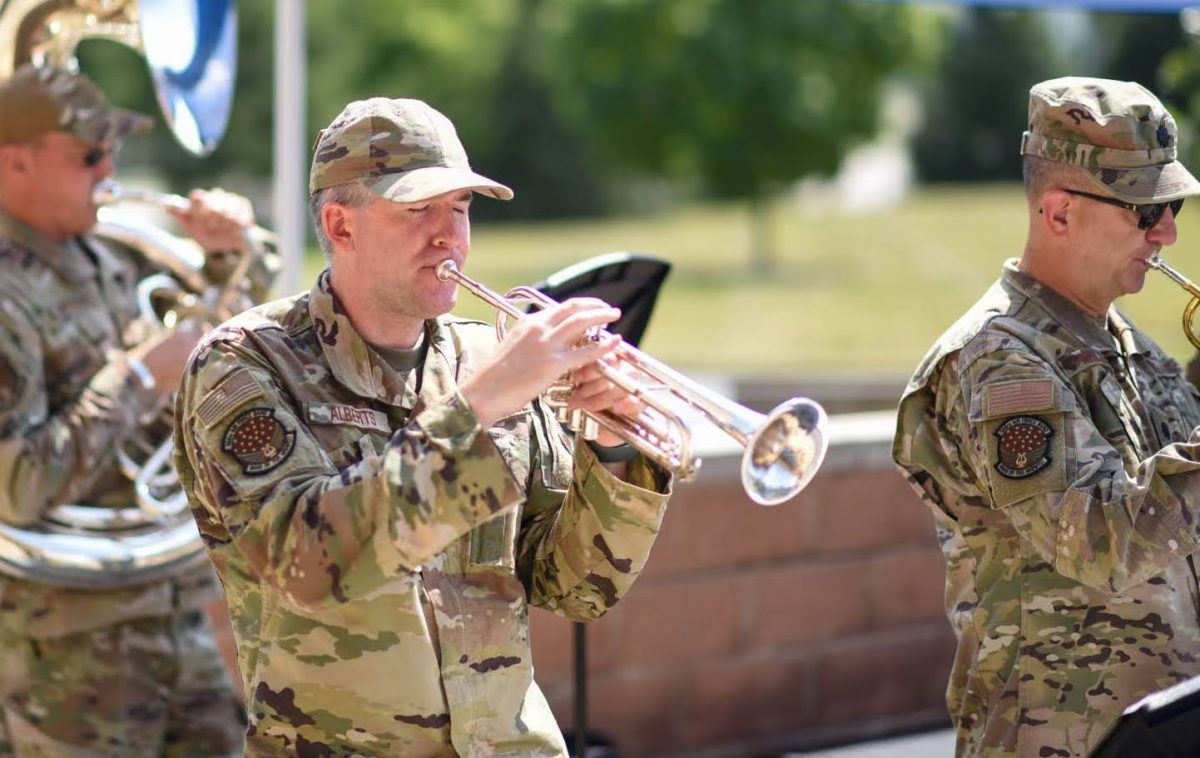
![A client poses for a photo. Although Hannah Hiken (12) enjoys painting nails for others, she prefers to have control of her own artistic freedom. “I do [nails] on myself a lot. I think that's what I really enjoy most,” Hiken said. “Doing it on myself, because I can choose everything I want to do.”
Photo courtesy of Hannah Hiken](https://laduepublications.com/wp-content/uploads/2025/05/IMG_1740-1200x986.jpeg)
![Duckham spends large amounts of her free time reading. Dealing with fewer classes this year, Duckham’s bookshelf at home has seen more use. “I call every book my favorite, but not truly every book [is]. I wrote my dissertation on Herman Melville, so I guess I'd have to say Moby Dick, is definitely one of my all time favorites,” Duckham said. “I really do love both British and American novelists of the 19th century. I tend to prefer nonfiction over fiction. For some reason, I think there's so many great non fiction writers, and I love the whole idea of something being true.
(Photo Courtesy of Janet Duckham)](https://laduepublications.com/wp-content/uploads/2025/05/IMG_6605-1200x900.jpeg)

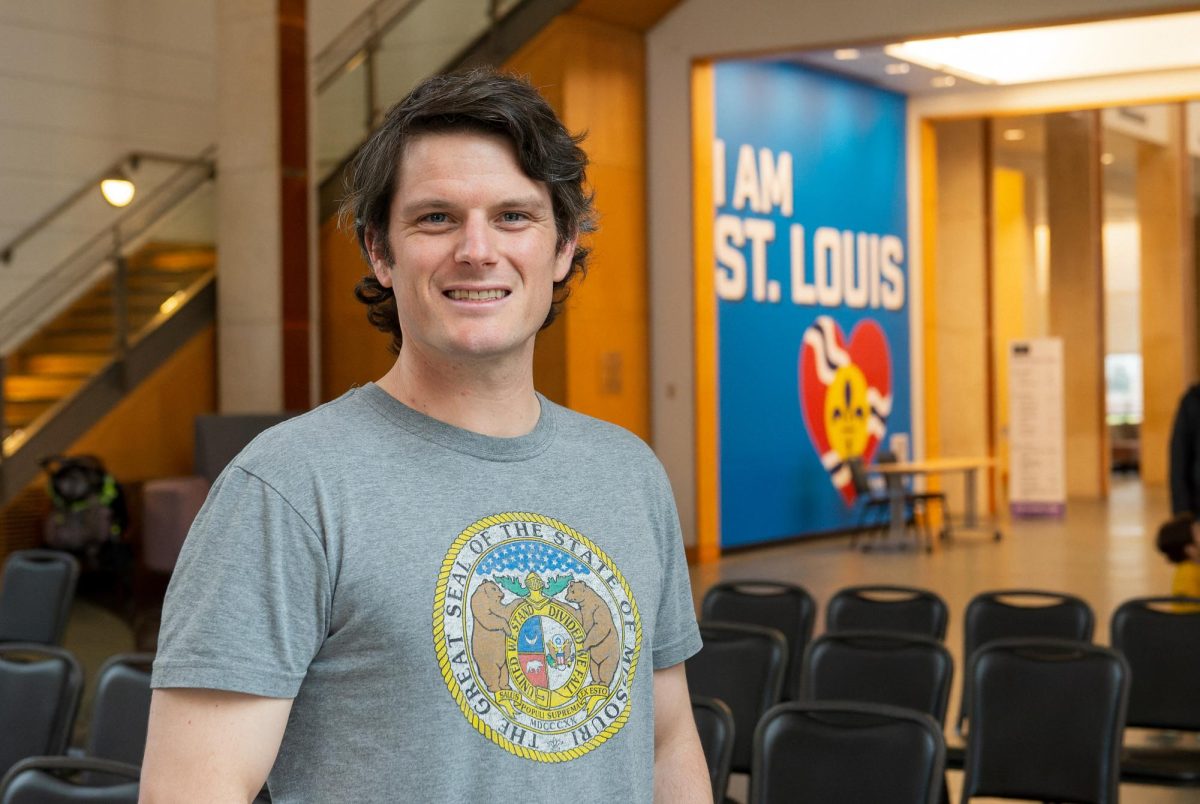
![ABOVE: Duncan Kitchen (10) plucks the strings of his guitar at his home. Duncan’s older brother inspired him to start playing the guitar two years ago. “On any given day [in Alaska], you could walk up the mountain start a campfire [and] play guitar,” Duncan said. (Photos by Vincent Hsiao)](https://laduepublications.com/wp-content/uploads/2025/04/Hsiao_20250325_DuncanKitchen_010-1200x839.jpg)
